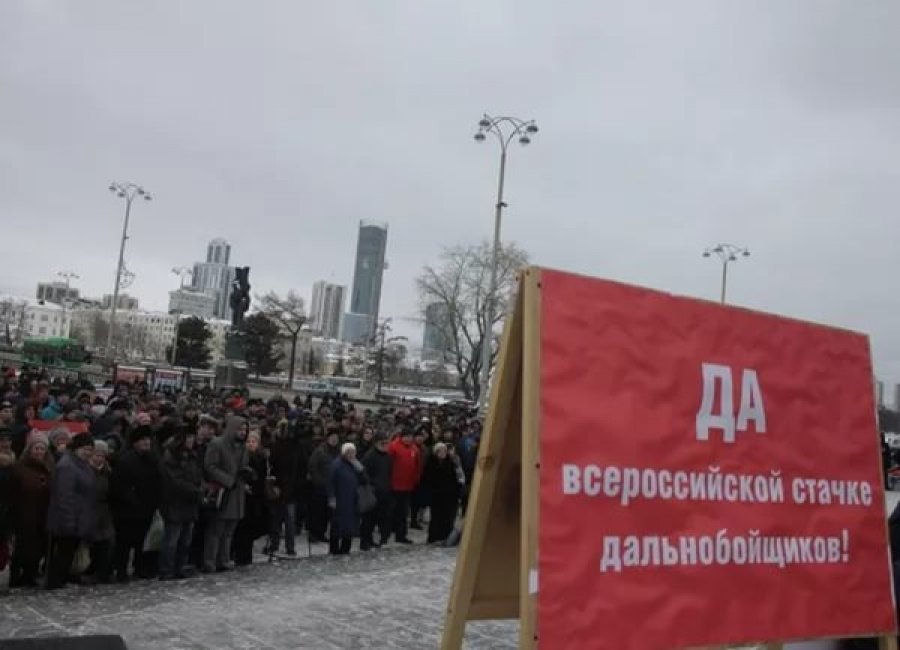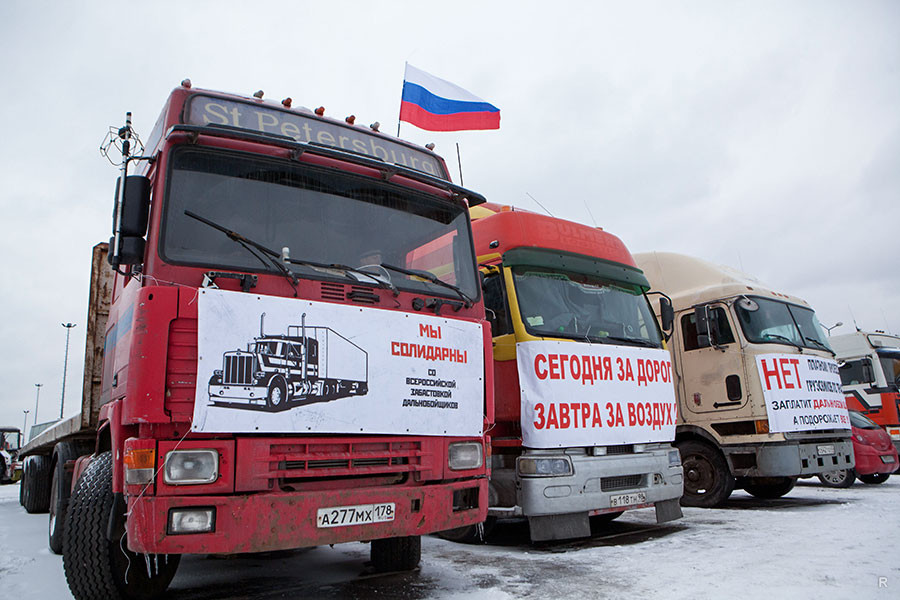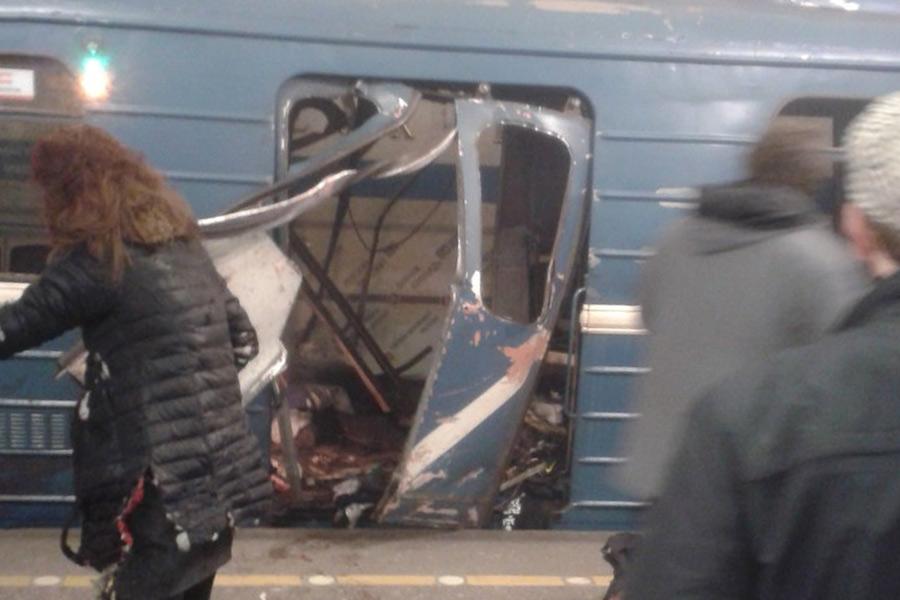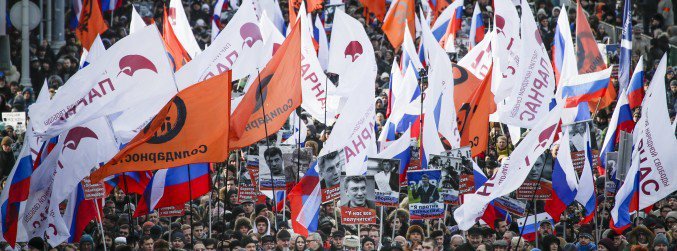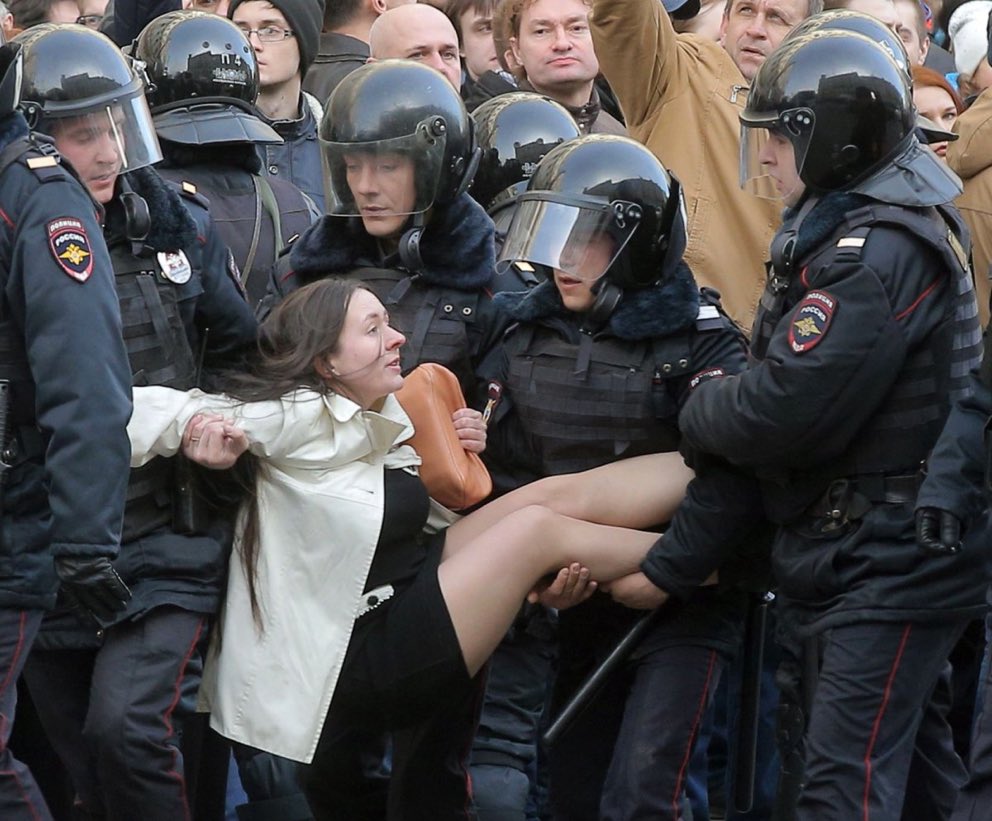Officials in the Russian capital remain so Moscow-centric that they have been unwilling to recognize the new reality that protests are now more common beyond the Moscow ring road than within it and at the same time unable to come up with any strategy that will address that challenge.
Instead, their traditional recipe – replacing current governors with new brooms from the outside – appears to be exacerbating problems in the very regions where this has occurred, raising questions about whether the Kremlin can afford to make more such leadership changes or whether it will be forced to try something else entirely.
The Petersburg Policy Foundation has published its latest survey
of social-political stability in Russia’s regions, and its results cannot be welcome to those in the Kremlin who may be paying attention. They show that where Moscow has installed new governors, the situation has deteriorated in every case.
As the foundation’s analysts point out, some of these declines may be short term: changes at the top are always stressful because the new person seldom knows on whom he or she can rely or where the bodies are buried as it were. But some, they suggest, may prove more persistent because of the contempt they suggest Moscow has for local and regional concerns.
But another study, this one prepared by the Moscow Center for Economic and Political Problems, suggests that Moscow has found at least one way to avoid worrying about these problems. Its officials simply redefine categories like strikes and wage arrears to understate how massive these problems are.
Rosstat [the Russian Federal State Statistics Service], one of the analysts involved says, has defined strikes so narrowly that it is able to ignore most work actions. For the central statistical agency, a strike “is not simply the expression of protest by employees of an enterprise,” but rather “ a formalized process” involving a specific kind of declaration by a union. Nothing else counts.
Consequently, if workers leave the bench in protest, it isn’t a strike as far as Moscow is concerned however much it appears to be a strike to those who are participating in it. The same pattern governs wage arrears and other measures of social discontent as well, the center’s experts say.
Related:
- Protests on the rise across Russia -- even where there never were any before
- Putin has as much to fear in Belarusian protests as Lukashenka does, Portnikov says
- Angry Belarusian protests — ‘prototype’ for similar actions in Russia, Kalashnikov says
- Something much worse than Yarovaya Laws is happening in Russia, Shipilov warns
- Moscow has put the Russian Internet ‘under martial law,’ Agora says
- Draconian “anti-terrorism” law means Putin preparing for war at home and abroad, Ponomarev says

